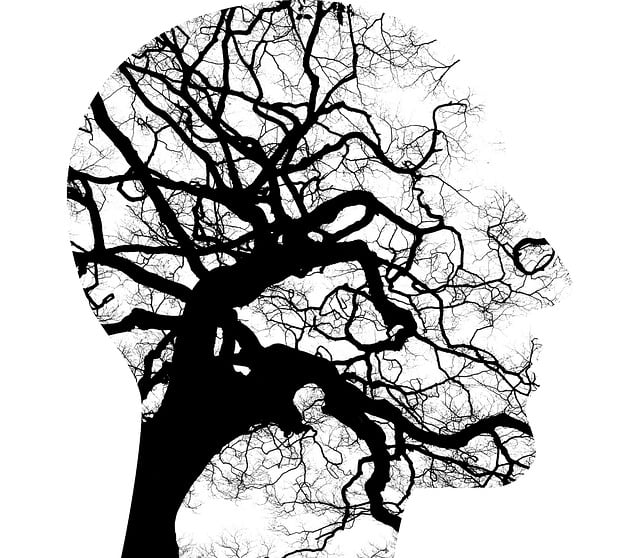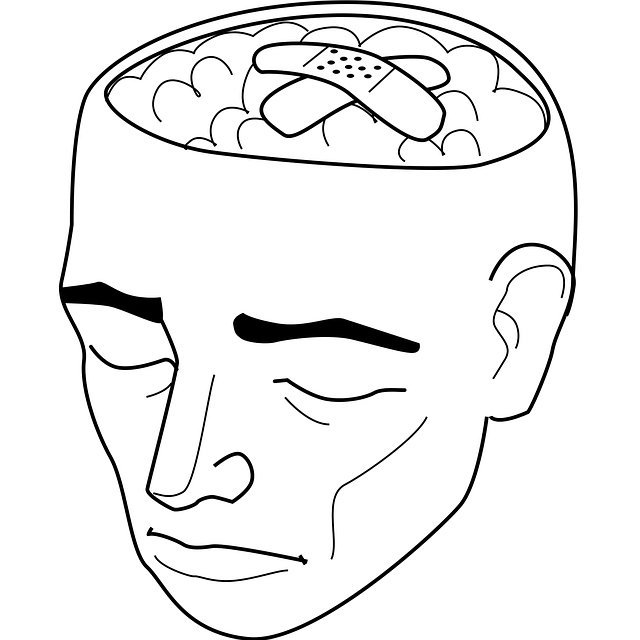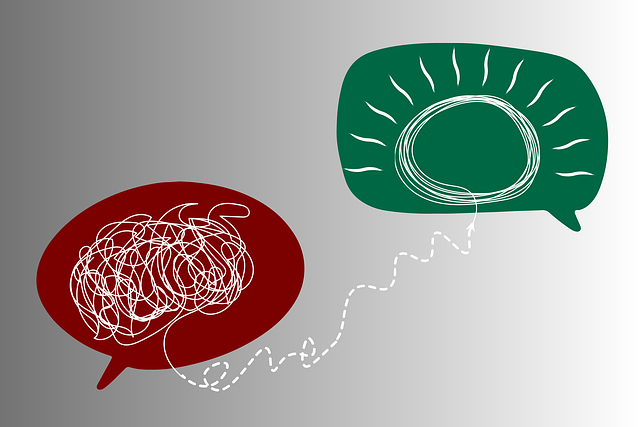Burnout among healthcare providers caring for the elderly is a growing concern due to increased service demands. Early recognition of burnout symptoms and implementation of therapeutic approaches like play therapy and community outreach programs can mitigate this issue. A supportive work environment with strategies focusing on staff well-being, cultural competency training, mindfulness, and gratitude practices is key to prevention. Play Therapy techniques, incorporating natural play behaviors, effectively reduce stress and enhance resilience in elders, serving as a powerful tool for trauma-affected individuals. Encouraging self-care, empathy building, and integrating holistic initiatives can revolutionize healthcare systems, ensuring professionals maintain engagement, empathy, and resilience.
Healthcare provider burnout is a growing concern, impacting not just individuals but the overall quality of patient care. This article explores comprehensive strategies to prevent burnout among healthcare providers, focusing on recognizing early signs and implementing effective solutions. We delve into creating supportive work environments, integrating play therapy techniques to reduce stress, and promoting self-care practices for long-term career satisfaction. By adopting these strategies, healthcare professionals can enhance their well-being and provide better care for elders, utilizing the therapeutic benefits of play.
- Recognizing Burnout Among Healthcare Providers: Signs and Symptoms
- Creating a Supportive Work Environment for Elders' Well-being
- Integrating Play Therapy Techniques to Reduce Stress and Enhance Resilience
- Promoting Self-Care Practices for Sustainable Career Fulfillment
Recognizing Burnout Among Healthcare Providers: Signs and Symptoms

Burnout among healthcare providers is a growing concern as the demand for services continues to rise. Recognizing burnout early is crucial for effective intervention and prevention strategies. Healthcare providers may exhibit various signs and symptoms, indicating a state of emotional exhaustion, depersonalization, and reduced personal accomplishment.
Some key indicators include increased irritability or cynicism towards patients and colleagues, feelings of detachment from work, reduced motivation, and difficulty concentrating. In the case of elderly patients, burnout can manifest differently due to the unique challenges of geriatric care. Play therapy, for instance, can be a therapeutic approach to enhance empathy building strategies and community outreach program implementation, addressing underlying issues and promoting resilience among both providers and older adults.
Creating a Supportive Work Environment for Elders' Well-being

Creating a supportive work environment is essential for preventing burnout among healthcare providers who work with elders. This includes implementing strategies that prioritize the well-being and mental health of staff, such as regular stress management workshops. By fostering an atmosphere where open communication, empathy, and understanding are encouraged, elder care facilities can reduce the risk of burnout. Incorporating play therapy sessions can also be a game-changer for alleviating stress and improving the overall satisfaction of both providers and residents.
Additionally, offering Healthcare Provider Cultural Competency Training can enhance the quality of care by ensuring staff members are equipped to handle diverse populations with sensitivity. Encouraging positive thinking through mindfulness practices or gratitude sessions has been shown to mitigate stress and foster a more resilient mindset among healthcare providers. These initiatives collectively contribute to creating a supportive ecosystem that benefits both the professionals and the elders they serve.
Integrating Play Therapy Techniques to Reduce Stress and Enhance Resilience

Integrating Play Therapy Techniques to Reduce Stress and Enhance Resilience
In recent years, there has been a growing recognition of the value of Play Therapy for elders in healthcare settings. This therapeutic approach leverages natural play behaviors to help individuals process emotions, reduce stress, and enhance mental wellness. By incorporating elements from childhood play into adult care, healthcare providers can create a safe space for elders to engage their emotional intelligence and express themselves freely. Play Therapy sessions can include simple activities such as drawing, storytelling, or even playing with toys, which facilitate the release of repressed feelings and promote healing.
The integration of Play Therapy offers a unique method to support trauma-affected elders, helping them work through past experiences in a non-threatening manner. This approach not only complements traditional mental wellness services but also empowers individuals to build resilience against burnout. By engaging in play, elders can reconnect with their inner selves, find joy and meaning, and ultimately improve their overall emotional well-being.
Promoting Self-Care Practices for Sustainable Career Fulfillment

In healthcare, where empathy and emotional resilience are paramount, preventing burnout among providers is a multifaceted endeavor. A key strategy lies in encouraging professionals to prioritize self-care practices for sustainable career fulfillment. This involves fostering a mindful approach to work-life balance, where breaks are not just tolerated but encouraged, and personal time is cherished. Self-awareness exercises can play a significant role here, helping individuals recognize their emotional states and set healthy boundaries. By engaging in regular activities that promote relaxation and stress reduction, such as therapy for elders or play therapy—which can enhance emotional well-being and resilience—providers can maintain a positive mindset and avoid the pitfalls of burnout.
Additionally, empathy building strategies are instrumental in preventing professional exhaustion. Nurturing a culture where professionals actively listen to and understand their patients’ needs fosters deeper connections and reduces feelings of isolation. Promoting positive thinking through gratitude practices or even simple moments of reflection during the day can uplift spirits and reframe challenges as opportunities for growth. These self-care initiatives, when integrated into healthcare systems, have the potential to revolutionize the work environment, ensuring professionals remain engaged, empathetic, and resilient in their careers.
Healthcare provider burnout is a significant concern, but by implementing targeted strategies, we can foster a more supportive and resilient environment. Recognizing the signs of burnout early is key, alongside creating work environments that prioritize elders’ well-being. Integrating play therapy techniques offers a unique approach to stress reduction and building resilience, benefiting both providers and their patients. Furthermore, promoting self-care practices ensures healthcare professionals can maintain career satisfaction and avoid burnout. Combining these strategies—including therapy for elders and play therapy—can revolutionize healthcare delivery, enhancing the overall quality of care.














